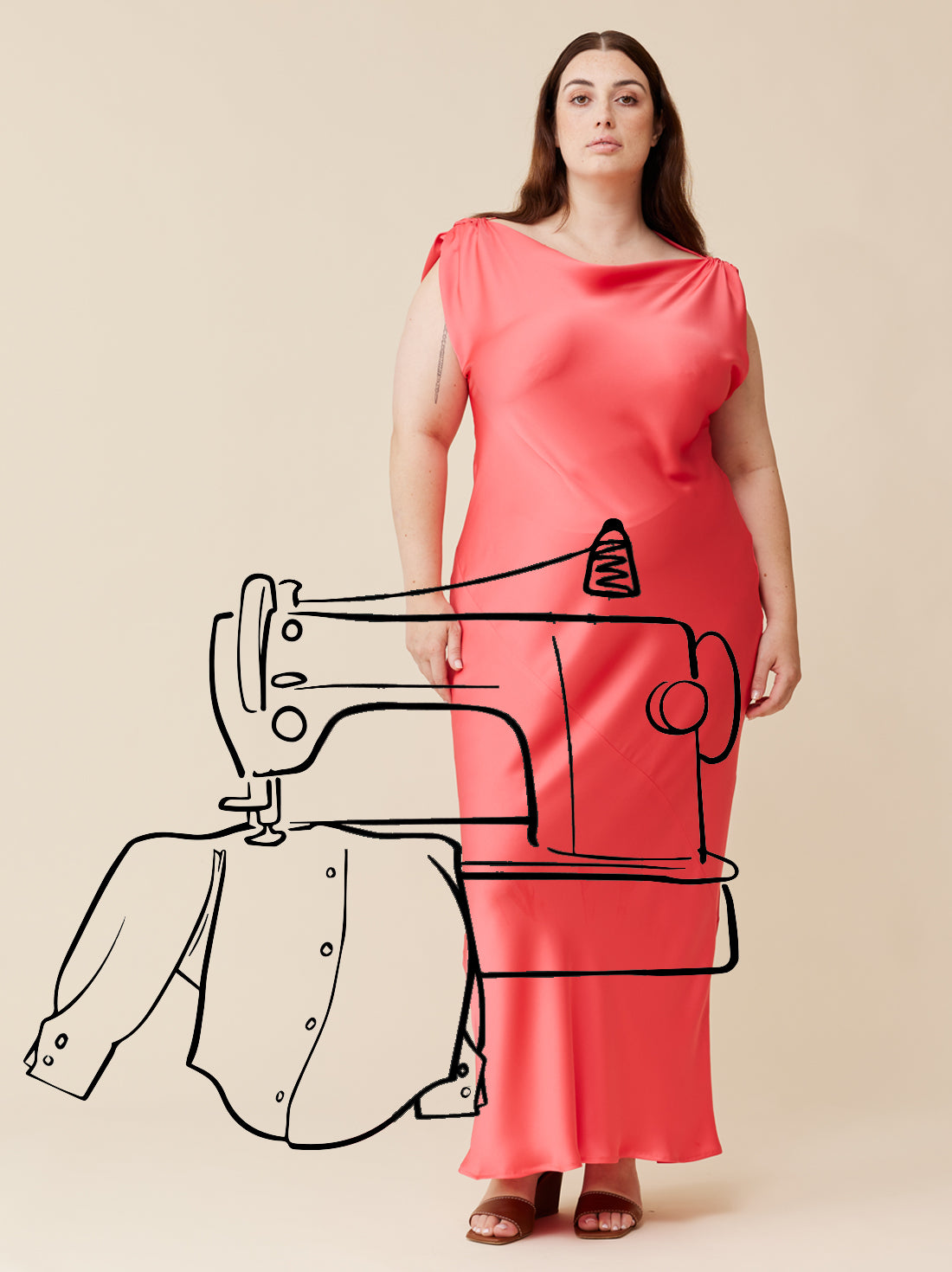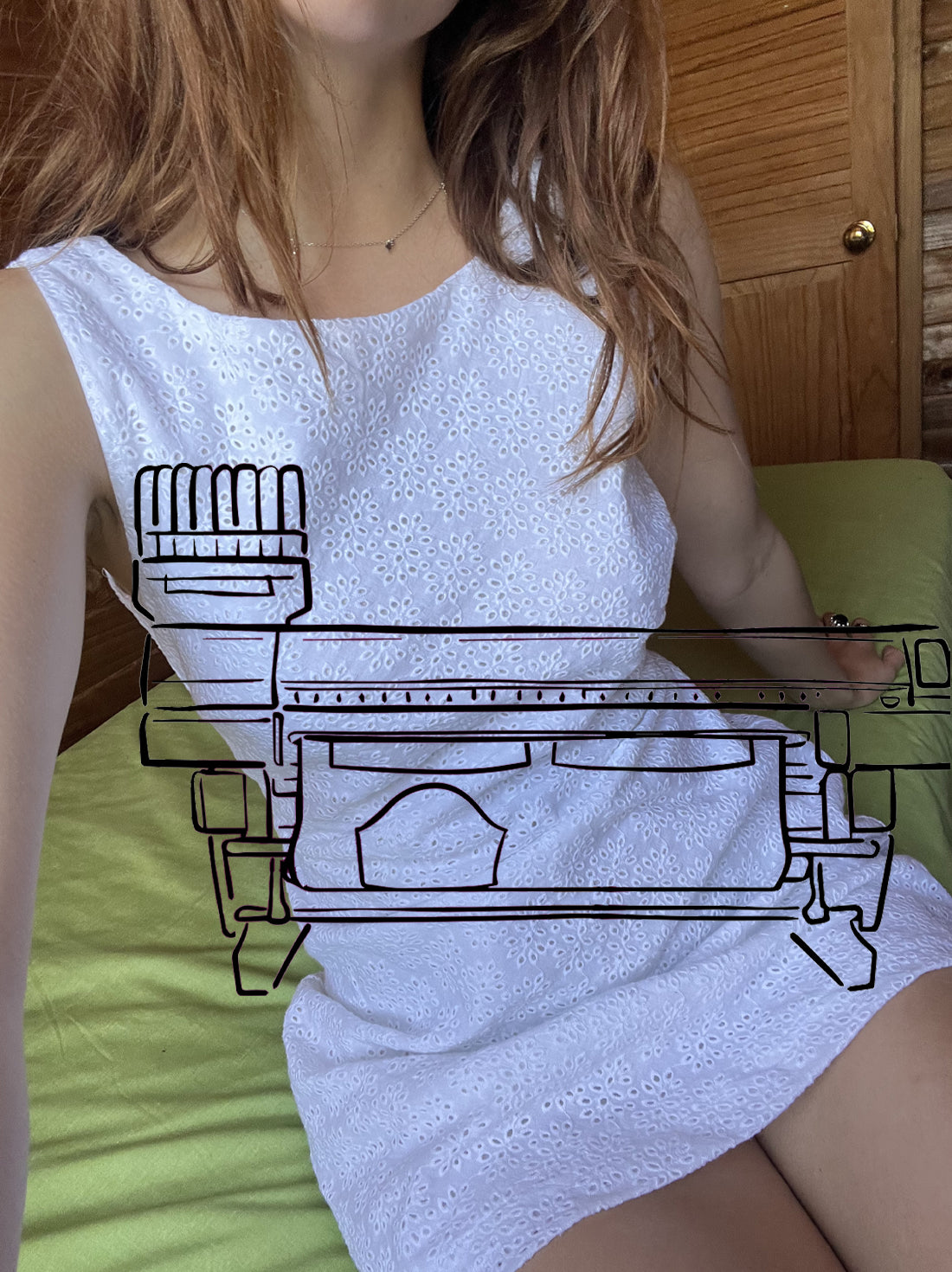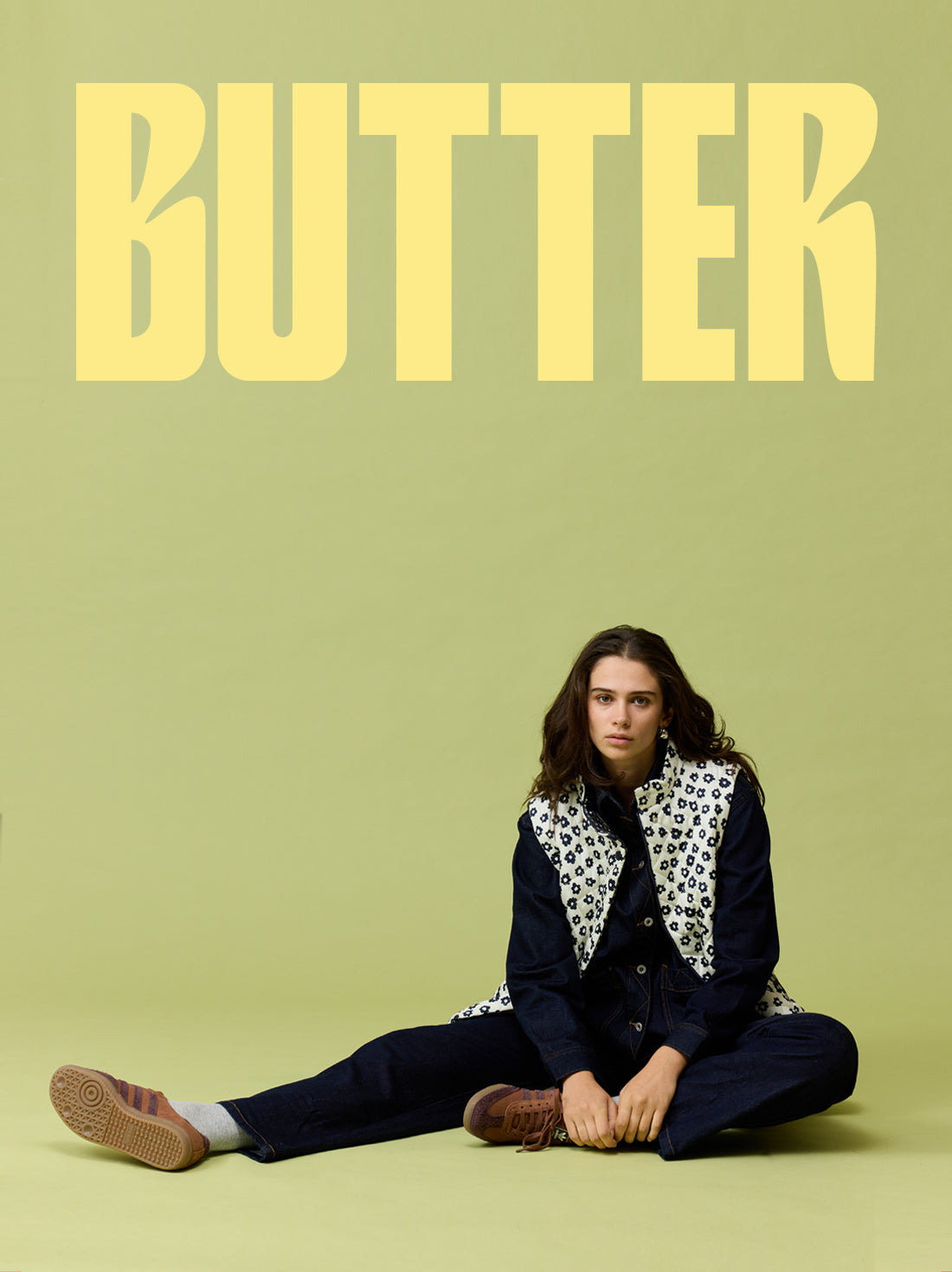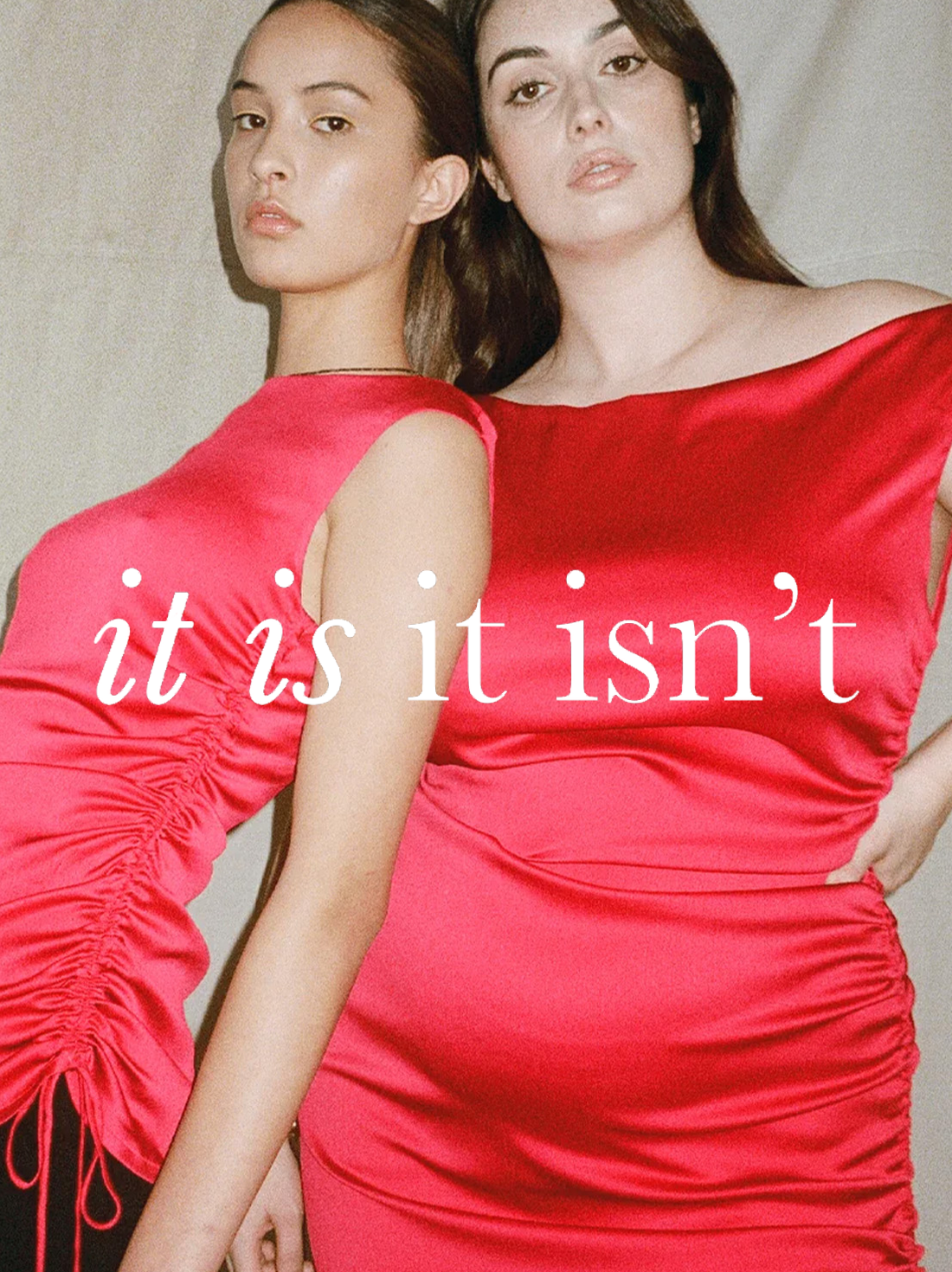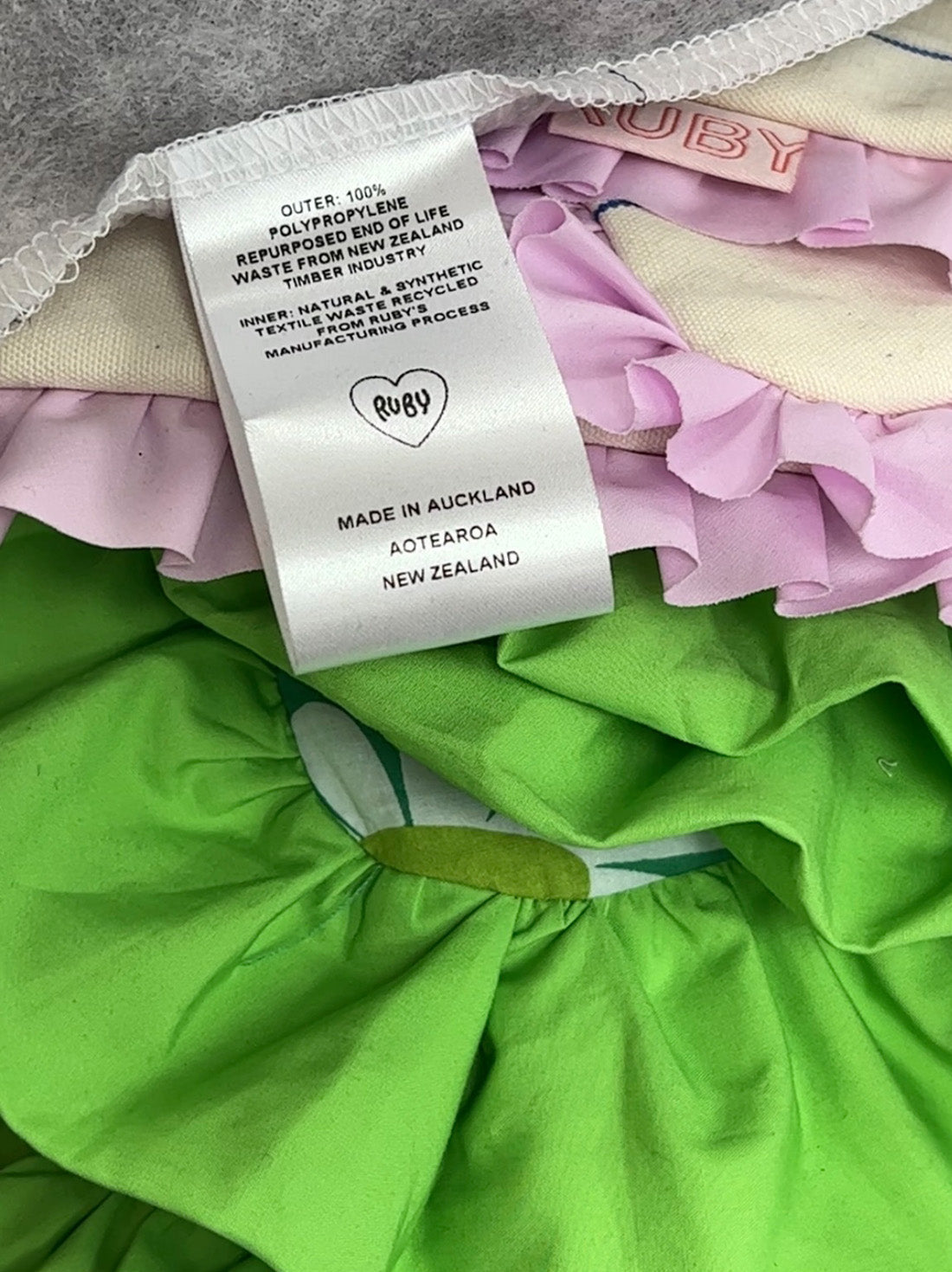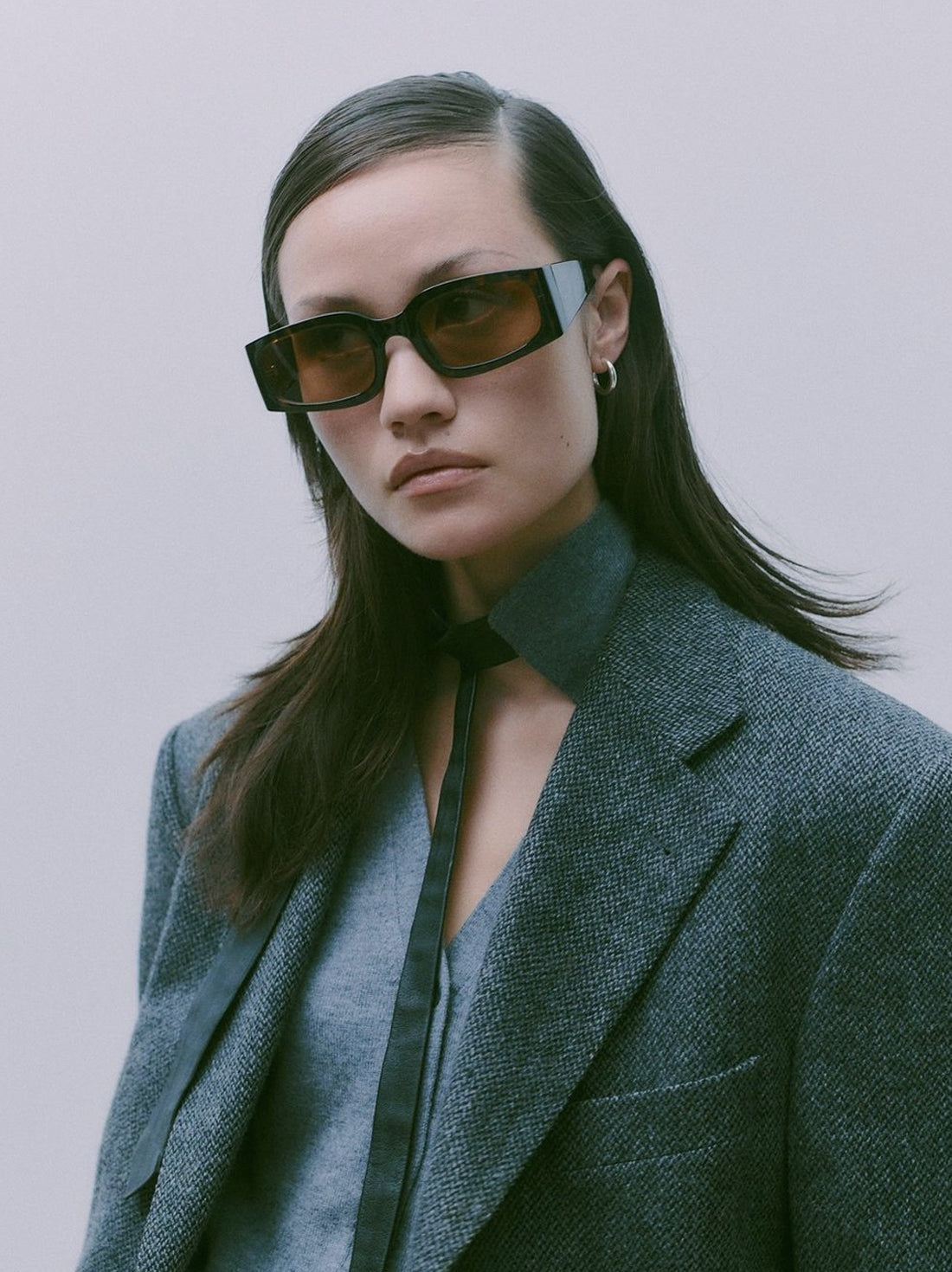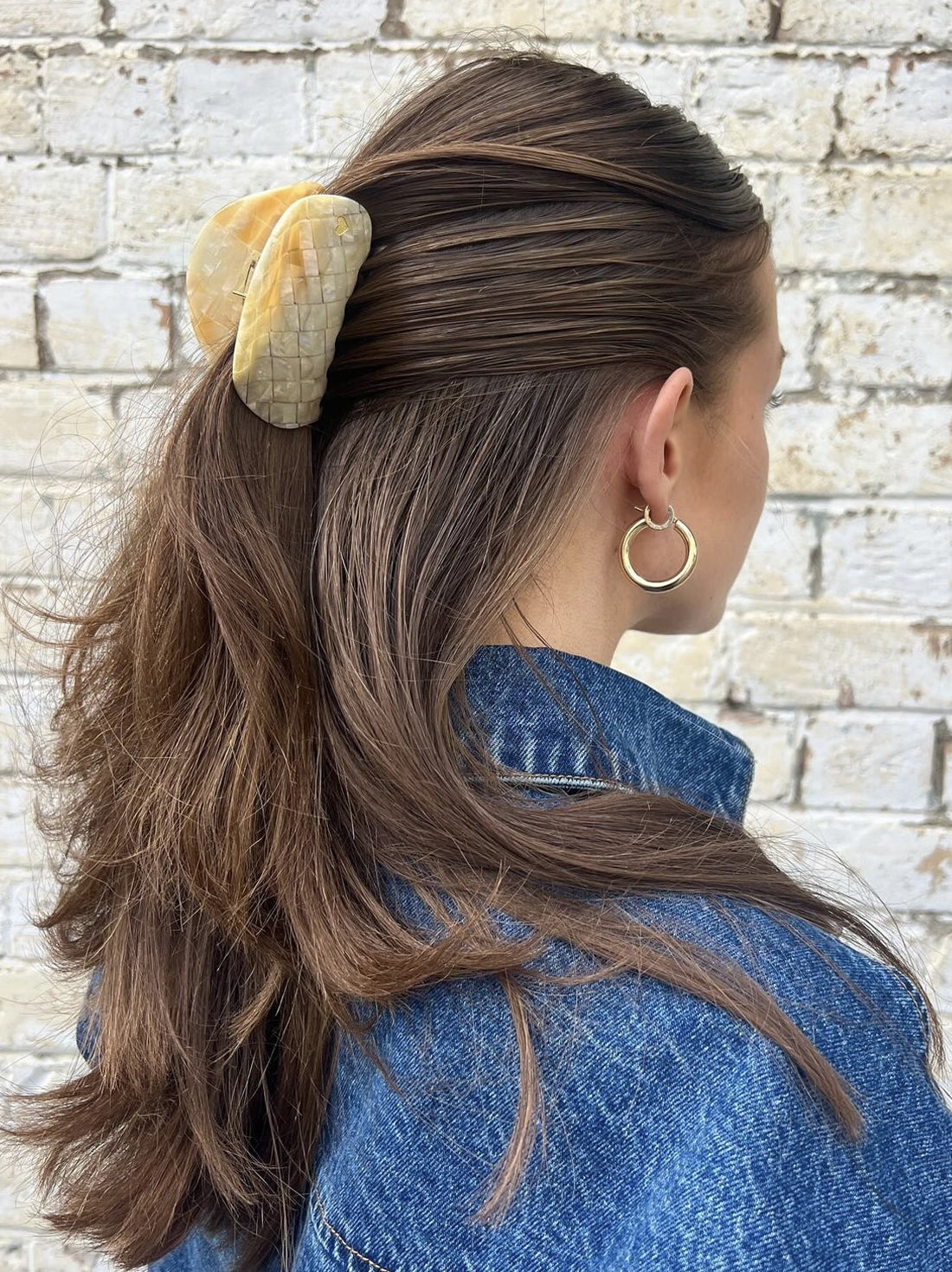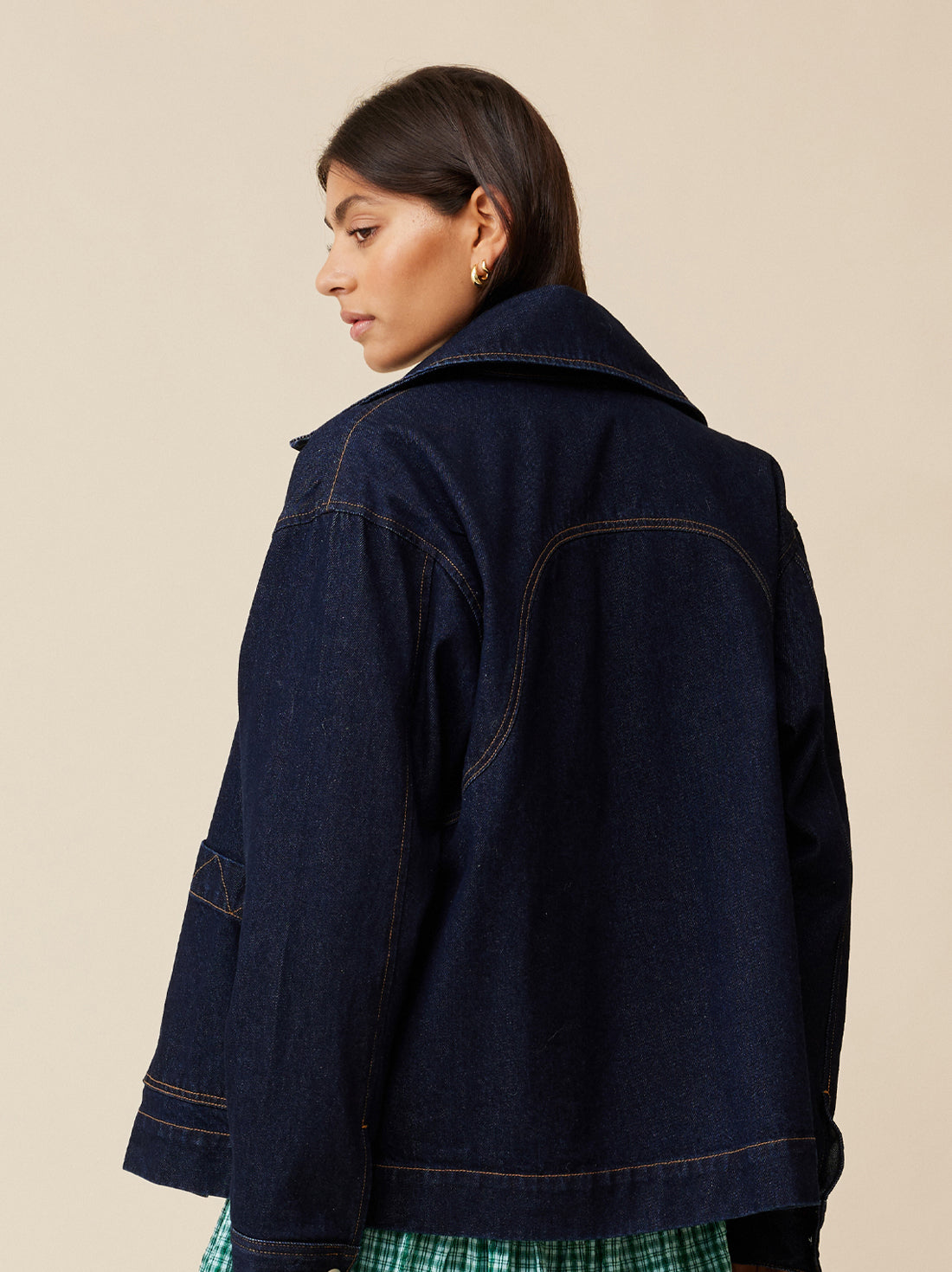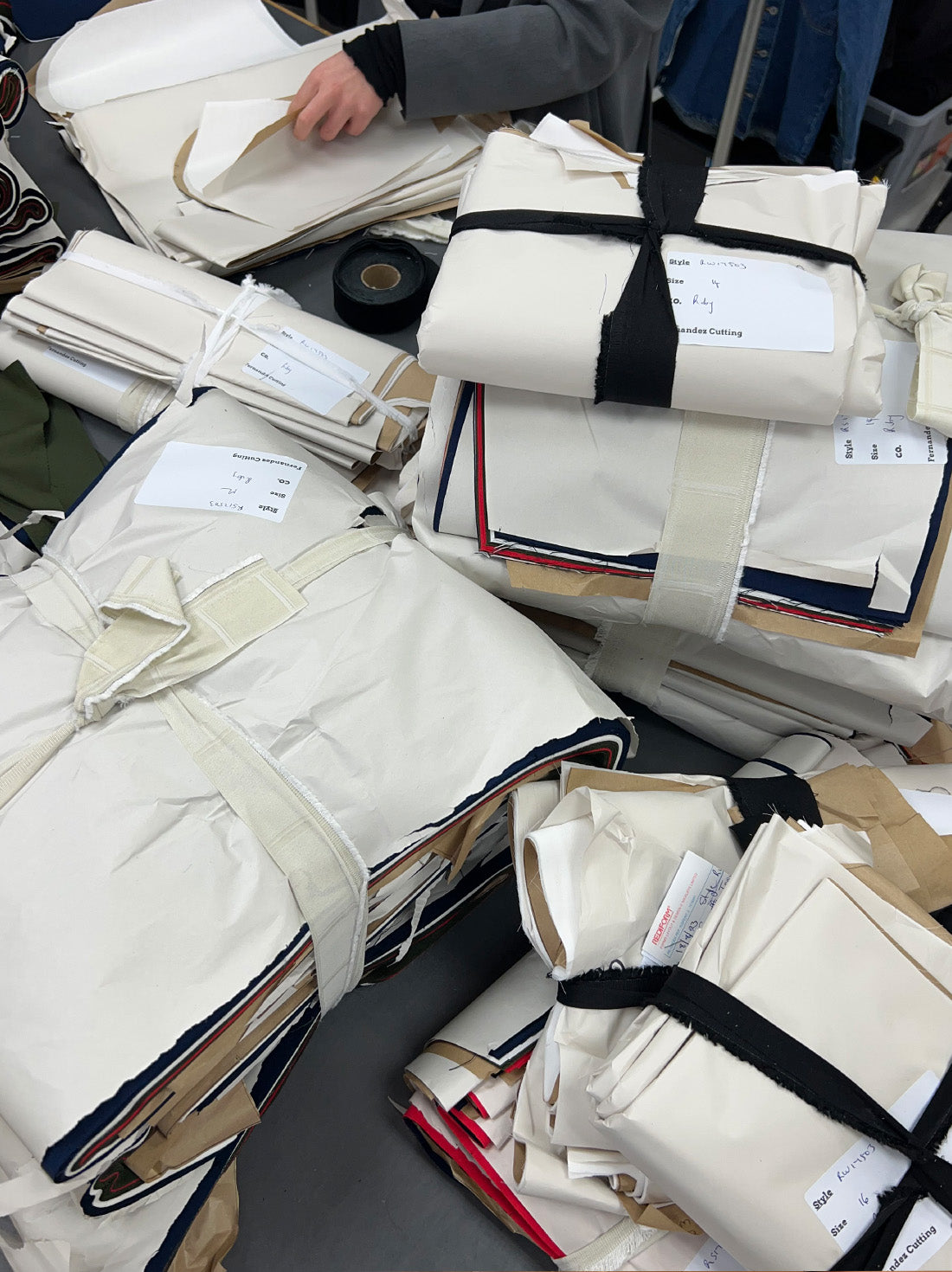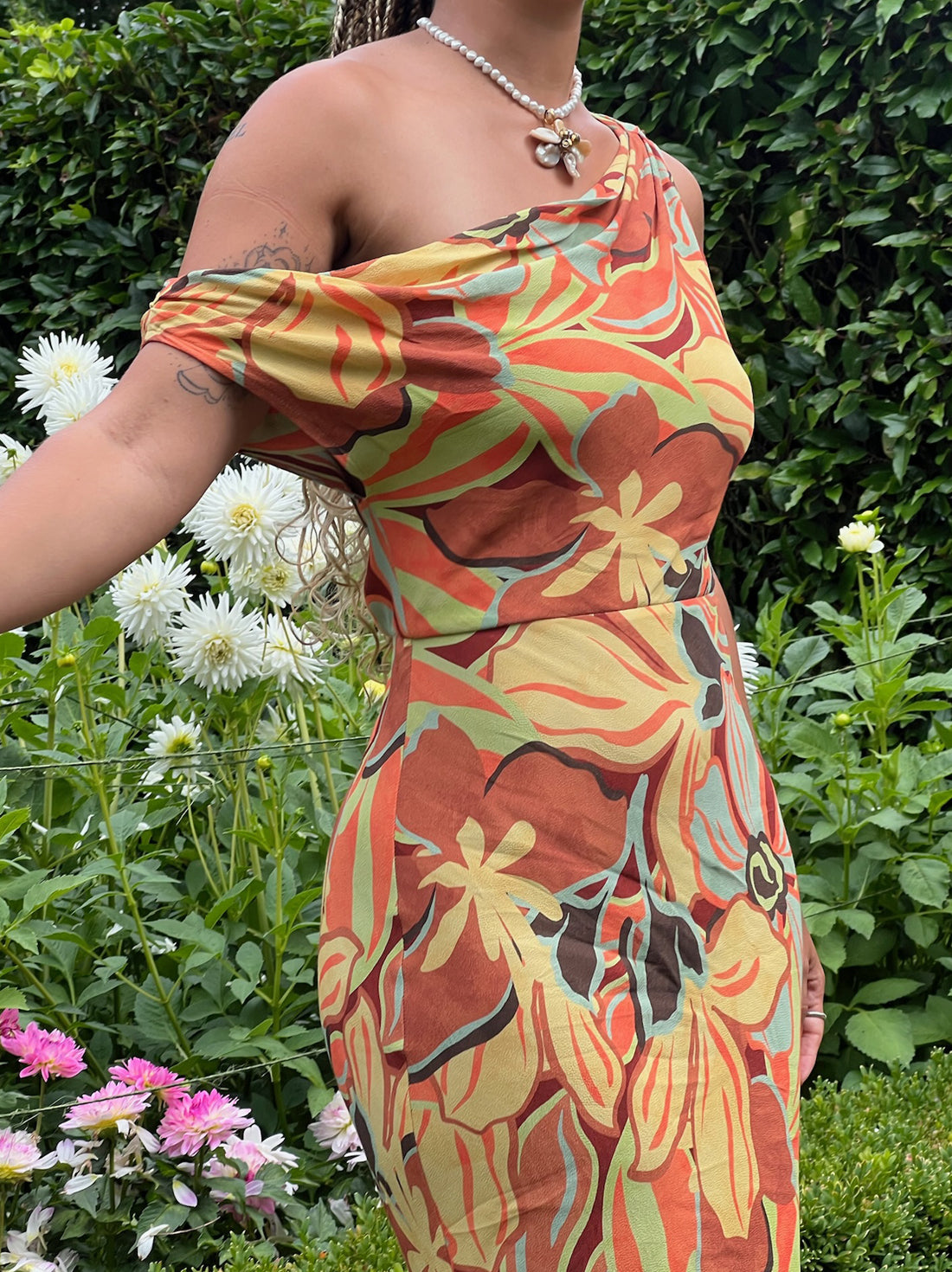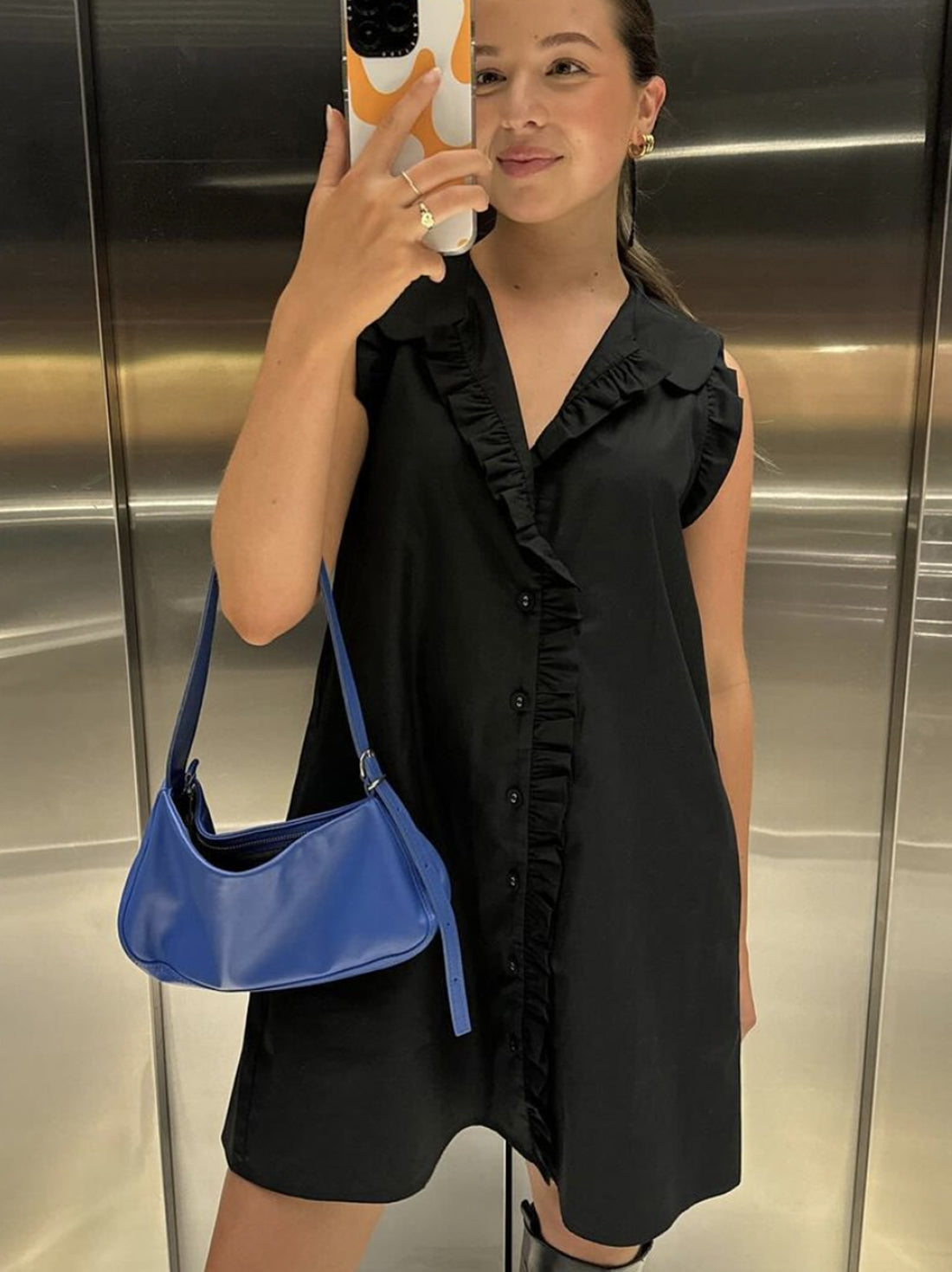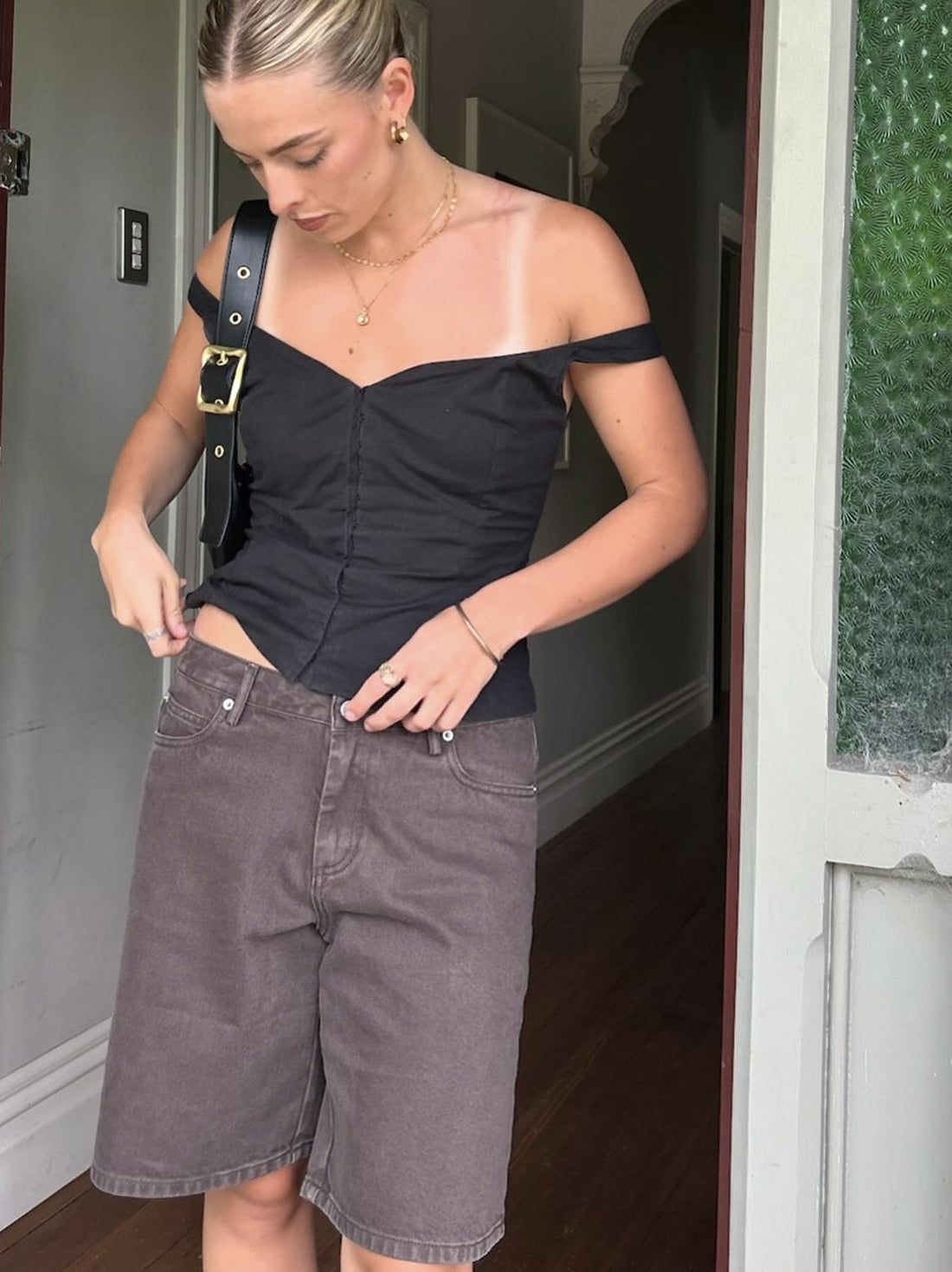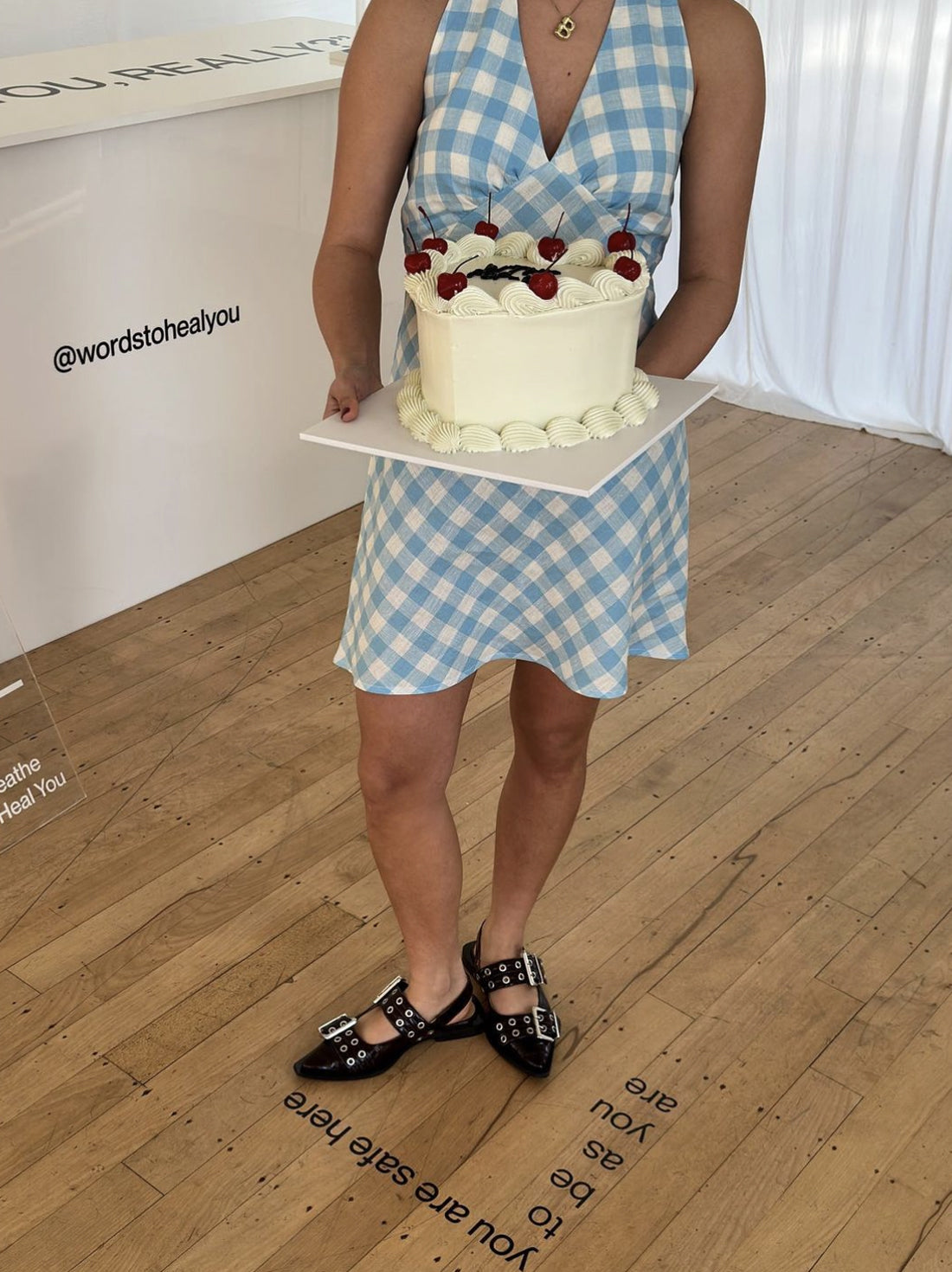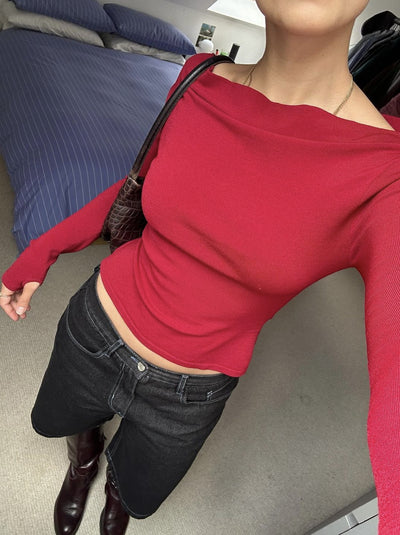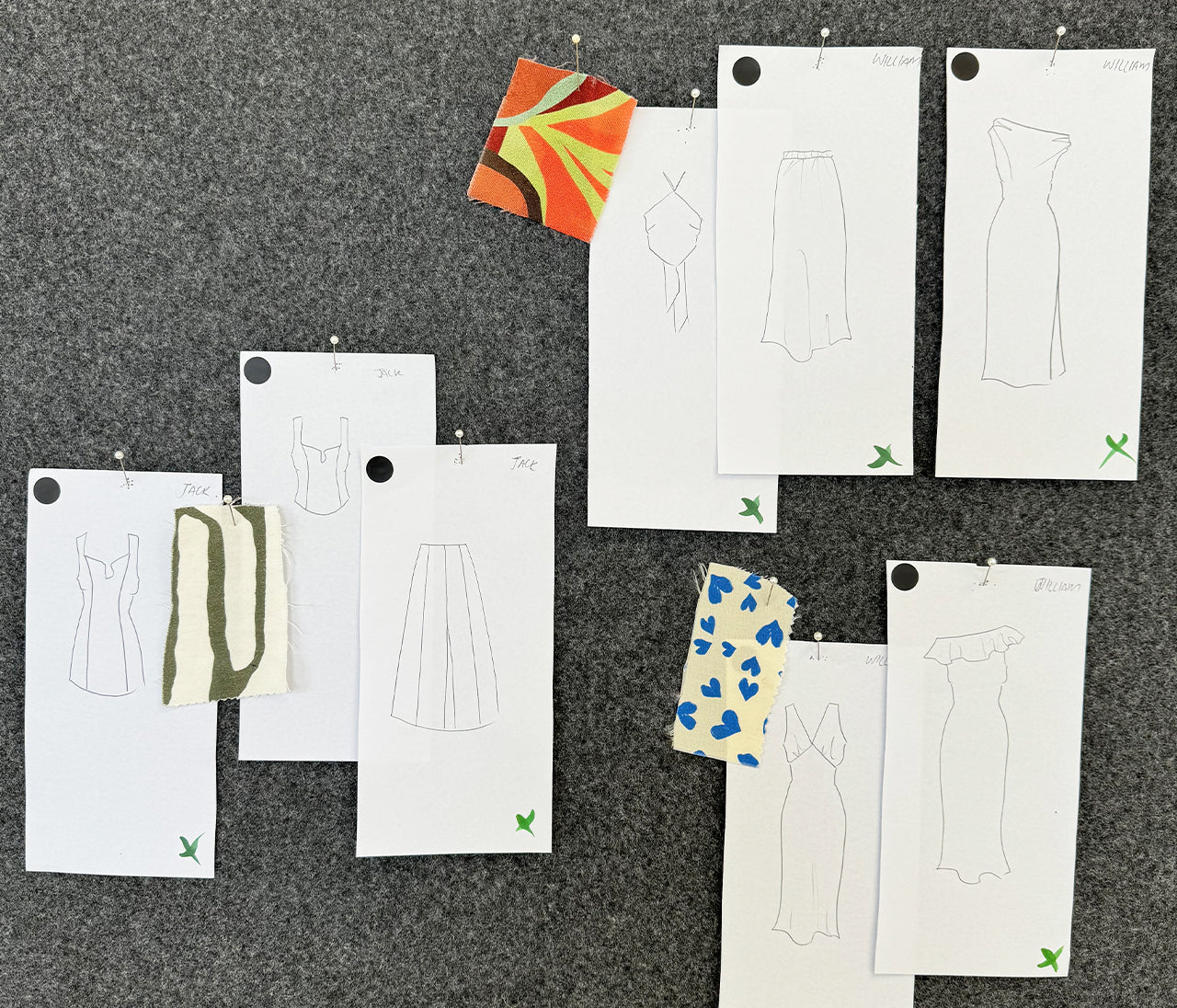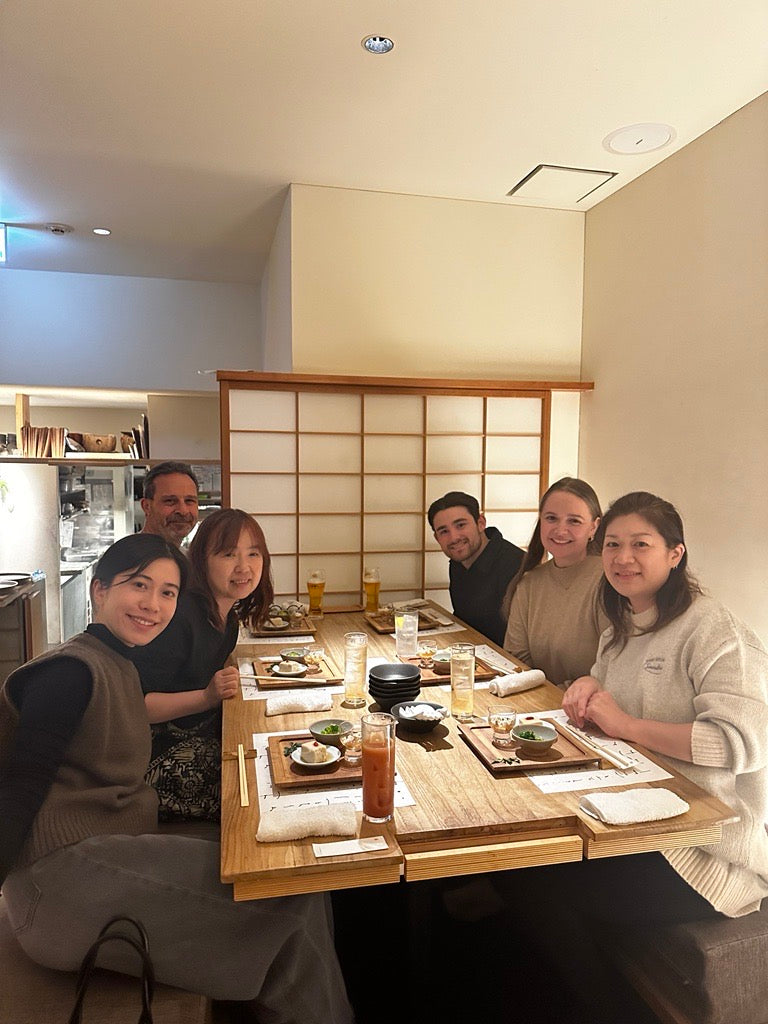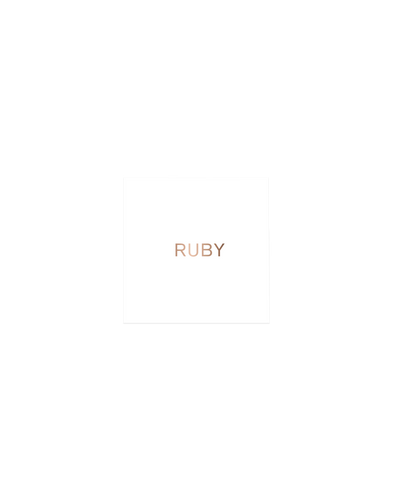What I would like you to know is, I’m Emily Miller-Sharma, and these are My Two Cents.
Rubettes! Here we are!
Me: tap tapping this out on my keyboard at home
You: (likely) reading this on your phone
The current state of the New Zealand media / clothing / music / [insert creative field here] industry is ~~ QUESTION MARK ~~ and let’s face it, the narrative hasn’t felt great. Many of you, for example, will have seen today’s announcement that New Zealand Fashion Week will not be going ahead this year.
I have been thinking about what makes a functioning society, and I genuinely believe that a high performing media and arts sector plays an important part (see: more on wtf “My Lane” is later in this letter).
"The caveat is that the current challenges require collective solutions, tailored to New Zealand’s relatively small size, and an overfull cup of tenacity."
The good news is that the people who work in media and arts can laterally think through challenges and develop useful solutions – it is literally their job. The caveat is that the current challenges require collective solutions, tailored to New Zealand’s relatively small size, and an overfull cup of tenacity.
Most of you will know that I am almost eye-roll dogmatic in my opinion that clothing holds true value. I was about to list all of the reasons why, but then I heard my enemy saying “yeah yeah, alright grandma we know, we KNOW!”.
So let’s just say that I think clothing can and should joyfully contribute to a functioning society. You can rage search through my previous posts to further eye-roll at me in your own time, here
The beautiful thing about Aotearoa’s fashion industry is we have Mindful Fashion. MFNZ is a collective organisation that exists to ensure the industry thrives (reminder: it is only thriving if it contributes to everything else around it also thriving). I founded it alongside Kate Sylvester, and this year we will both renew our 5-year Board terms as founders 😉
Next week, MFNZ will launch “Threads of Tomorrow”, a Very Grown Up report that the Very Grown Up company EY has produced for us. Yes, yes it highlights the challenges. But those challenges, if we deeply understand them, present excellent opportunities (Very Adult Language). 16 Excellent Opportunities, to be precise. You just WAIT until the report comes out, my beauties!
And just like the uncle’s speech at the wedding, where it seems like it’s a natural time to stop, I’m just going to keep going.
The clothing industry doesn’t exist in a vacuum – we are affected by broader, national & international trends. Here is a laundry list of examples recent experiences at RUBY:
- Supply chain instability due to climate change
- A recessionary environment and corresponding cost of living crisis
- Inflation causing our costs to increase but you, our customers, our having less disposable income
- The need to invest in the continued sustainability improvements
- Global fast fashion chains selling garments to New Zealanders for the price it would cost us to just buy the fabric
It’s 2024 – how do we connect with each other, really?
So, what does this all mean for our industry this year?
Vacuums, laundries. How do I use another domestic metaphor to segue?
Here are three hot takes (cakes. Hot Cakes. THERE’S your segue).
1. Honestly, we gotta support local manufacturing.
Without local makers, new designers will find it even more difficult to bloom. Yes, emerging labels can often produce their own small runs inhouse. But once demand increases to 20ish pieces per style, outsourcing makes the most sense for many brands.
We need a local manufacturing industry for them to be able to outsource to. Simply put, outsourcing to an offshore manufacturer isn’t likely to be viable at those kinds of quantities. Regardless, the investment required in onboarding an international factory is big $
If I go back to an earlier point (yes, uncle): clothing can and should contribute to a functioning society. New designers are an intrinsic part of the clothing industry’s evolution. I want the serendipity of stumbling across something I hadn’t thought of before. I don’t want my clothing to be served to mbe by an algorithm. But no local manufacturing industry = less new designers, and those that do still manage to come through will likely not be an accurate representation of who we are as a country.
SO, from a RUBY perspective, how do we contribute to the local manufacturing industry?
Half of our clothing is made here. But importantly, our Corvette Trouser and Firebird Pants are. We produce these on a semi-consistent basis, rather than in big seasonal drops. This is good for our makers as it is steady, regular work rather than BUSY BUSY SO BUSY and then nothing no work what shall I do with my machinists this week.
Yes, we could move our Corvettes and Firebirds offshore, but we won’t. For two reasons: We see keeping their production here as an investment in the local manufacturing industry. AND we have found a way for the straight up business case to make good sense.
To be clear: when I say half of our clothing is made here, that obviously means that the other half is made offshore. Mostly in China. There are some simple infrastructure realities to this (denim and knitwear machinery for example), and sometimes it is just not possible to make certain things at a price that our customers are willing or able to pay. I don’t see offshore manufacturing as inherently bad. It’s about always striving to find the right balance.
2. The obvious counterpoint to Hot Cake #1 is that it’s vacuous, potentially even straight up offensive, to just say “shop local” and be done with it. The reality is that many people cannot afford to buy new pieces at “Made In New Zealand” prices.
And now for the moment we’ve all been waiting for! “What is My Lane?”
My Lane:
(have skills, experience, and knowledge)
The clothing industry
Not My Lane:
(do not have necessary skills, experience or knowledge to contribute meaningfully to a broader conversation)
Inequality
Where My Lane and Not My Lane merge:
(some skills and knowledge, feeling out how I can helpfully contribute?)
Many New Zealanders cannot afford to pay more for clothing than the prices fast fashion offers
We know that fast fashion is an outsized contributor to the negative effects of the clothing industry. AND if we accept that many people cannot afford to spend more on new clothing than fast fashion prices – how do we square this circle?
My take/cake is: if we want to meaningfully address sustainability in the clothing industry – putting aside any other moral imperative – we must meaningfully address inequality.
There are obviously other drivers of demand for fast fashion – speed, not really having to think too hard about the purchase because it’s so cheap, the algorithm. But in those cases, consumers have a choice.
3. One way of expanding the accessibility of quote-unquote more sustainable clothing is through expanding and diversifying the offer of secondhand clothing.
We have RUBY Says Recycle for example, and many other brands do their own version of take-back-and-resell. There are the traditional op shops & vintage stores, and the plucky newcomers: peer-to-peer online resale.
Caveats here are: not everyone has the time to trawl, often second hand doesn’t go past a size 16 and our RSR pieces are mostly available in store which limits accessibility. But it’s something amirite.
Can we please just take a moment to lol at how Uber was like “we invented this new tech where the vehicle drives around and picks up different people in similar locations who want to go to similar locations” and we were all like “I think you’re talking about a bus?”. Reselling clothing is not a new idea. But the process to do it has become wayyyyyy easier, and culturally it is not seen in the diminished light that it has been in the past. In fact, it is something that more and more is celebrated.
My hot cake here? We can “innovate” by making things that have always been around easier for more people to access.
To close out this Update from the Desk of Em that I had promised my sister I would write approximately 6 weeks ago (my sister = Anna-Lise, our Sales and Marketing director who will soon have TWINS arriving (two siblings, just kicking it in there at the same time)):
I want to all-the-way acknowledge Kate Sylvester and Wayne Conway for the incredible contribution you both have made to our clothing industry. And, for just being my friends. I am truly proud that you have built a company that holds so much power, and you are able to choose when you want to do something different. I love how Kate said: “We believe in the talent of the new generation of New Zealand designers, it’s your time to shine now”.
And to the KS team, I can imagine it’s been a bumpy time. Please know that every single one of my team – after the initial OMG of course – the first thing they said was “oh the team! I hope they are doing okay!?”. We love and honour your work too xxxx
I’m Emily Miller-Sharma, and that was My Two Cents
x


